HIV/AIDS
Operations and Finances for a Novel Patient Income Program
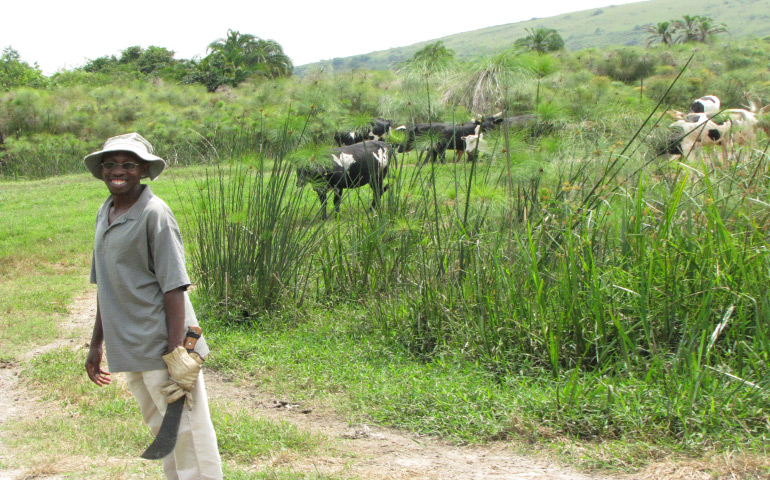
SHIP aimed to help patients adhere to treatment and stay healthy by providing practical training in small business entrepreneurship and startup materials to launch household businesses. IN 2010, SHIP enlisted another team of MIT students to assess the feasibility of building a central lemongrass distillery, analyze other household income-generating activities, and recommend a governance structure for […] Read more
Innovating Income Strategies for Long-Term Patients
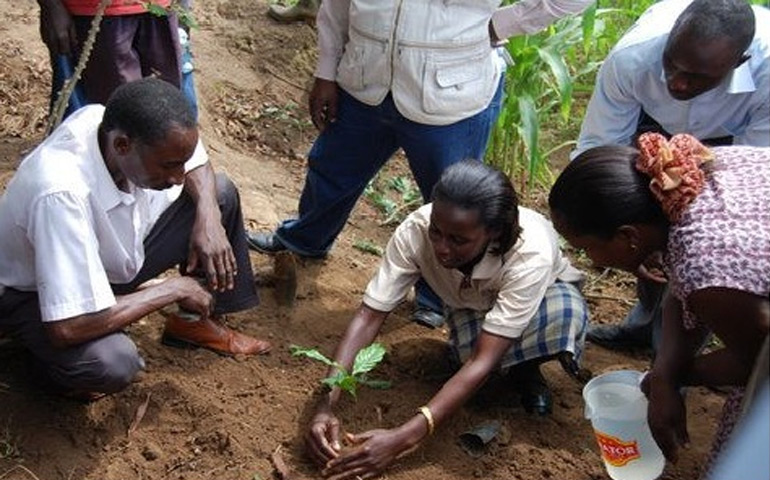
Through an innovative collaboration, the Sustainable Household Income Project (SHIP) drew on Mbarara University of Science and Technology, Massachusetts General Hospital, and Harvard University, among others, to provide support to low-income patients affiliated with the Family Treatment Fund and Immune Suppression Syndrome Clinic in the rural environs of Mbarara, Uganda. SHIP aimed to help patients adhere to treatment and stay healthy by providing practical training in small business entrepreneurship and startup materials to launch household businesses. Read more
Financial Management for Field Research

Uganda Research Initiative (URI) was the primary financial, grants, contracts, and human resources management agent for the Massachusetts General Hospital (MGH)/Harvard University Mbarara University of Science and Technology Research Collaboration in Uganda. Read more
Financial Sustainability for an HIV Program in Tanzania
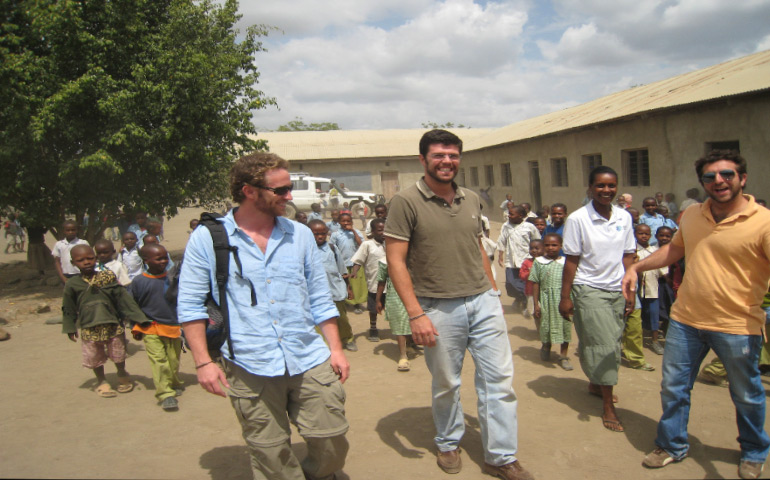
Support for International Change (SIC) aimed to limit the impact of HIV/AIDS in underserved communities and to train future leaders in global health and development. Read more
Expansion Options and Strategy for an HIV Program
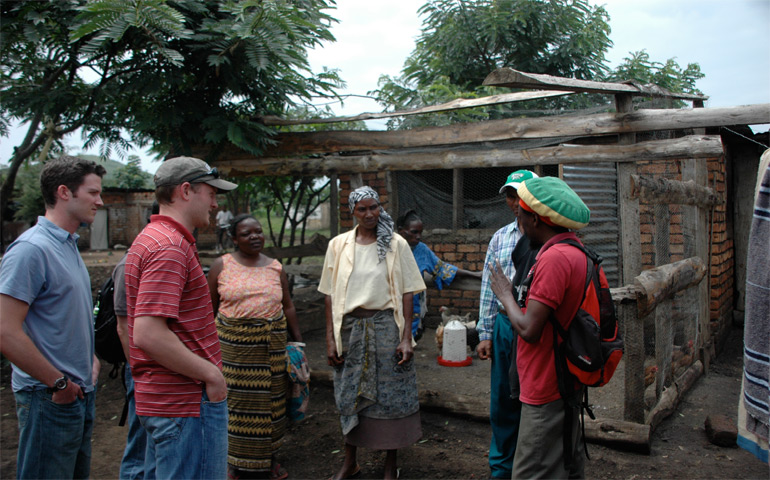
Support for International Change (SIC) aimed to limit the impact of HIV/AIDS in underserved communities and to train future leaders in global health and development. Read more
Leveraging Research and Date for Thought Leadership
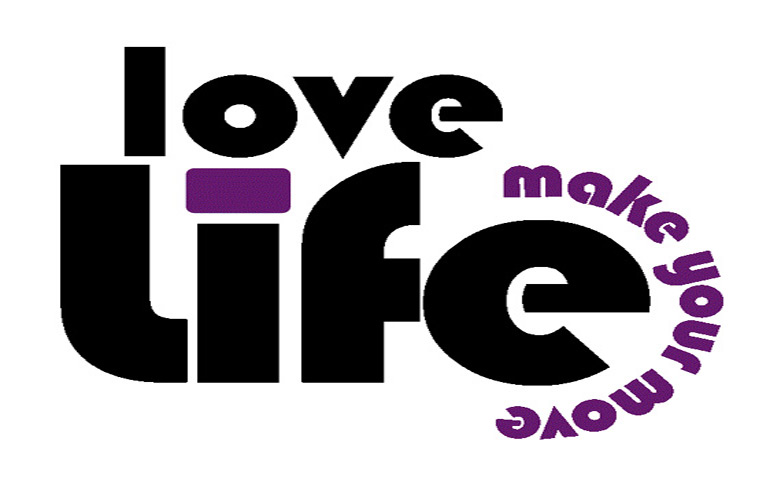
loveLife is South Africa’s national HIV prevention initiative for young people ages 12-24. With a network of programs that extended to 900 sites across nine provinces, the nonprofit melded behavior change with clinical services through youth-friendly programs and, in less than a decade, had become an essential part of South African life. Read more
Optimizing Materials Distribution to Reach Underserved Youth
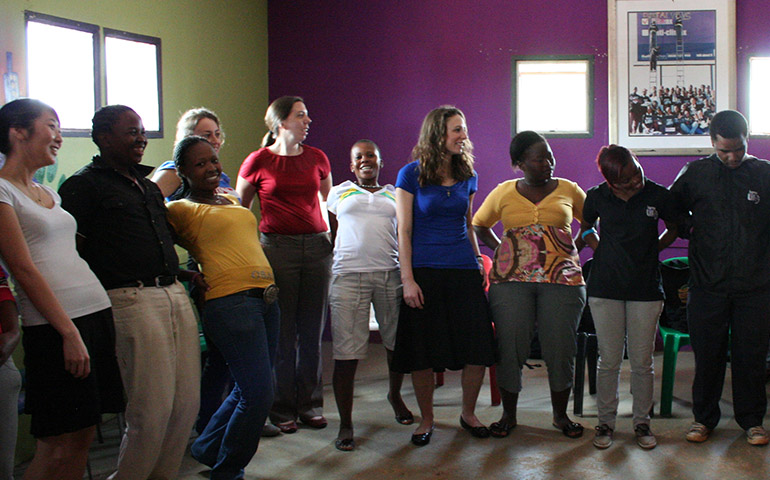
loveLife is South Africa’s national HIV prevention initiative for young people ages 12-24. With a network of programs that extended to 900 sites across nine provinces, the nonprofit melded behavior change with clinical services through youth-friendly programs and, in less than a decade, had become an essential part of South African life. Read more
Feasibility of a Plan for Chronic Patients to Generate Income
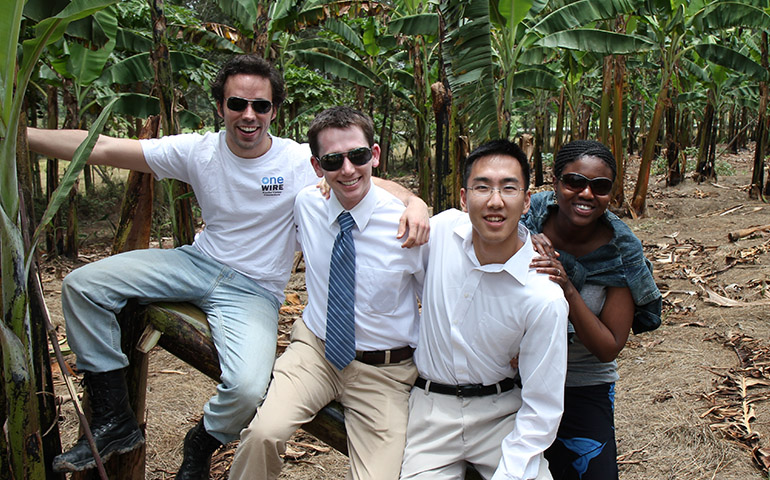
Through an innovative collaboration, the Sustainable Household Income Project (SHIP) drew on Mbarara University of Science and Technology, Massachusetts General Hospital, and Harvard University, among others, to provide support to low-income patients affiliated with the Family Treatment Fund and Immune Suppression Syndrome Clinic in the rural environs of Mbarara, Uganda. SHIP aimed to help patients adhere to treatment and stay healthy by providing practical training in small business entrepreneurship and startup materials to launch household businesses. Read more
Improving Health Outcomes through Microenterprise
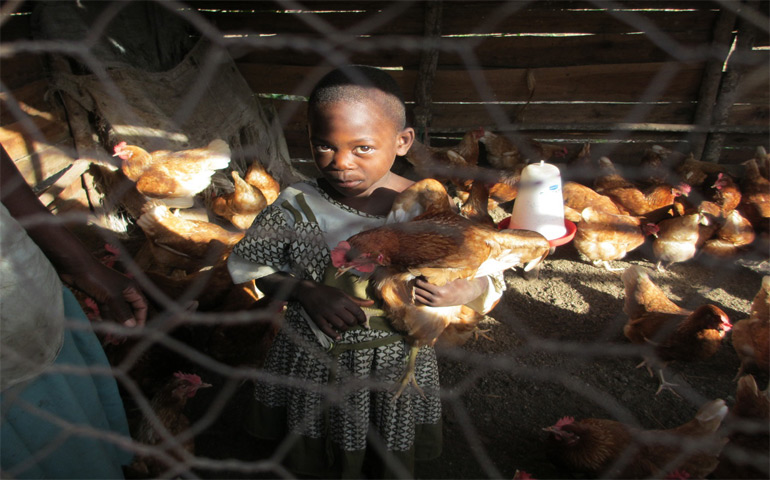
Through an innovative collaboration, the Sustainable Household Income Project (SHIP) drew on Mbarara University of Science and Technology, Massachusetts General Hospital, and Harvard University, among others, to provide support to low-income patients affiliated with the Family Treatment Fund and Immune Suppression Syndrome Clinic in the rural environs of Mbarara, Uganda. SHIP aimed to help patients adhere to treatment and stay healthy by providing practical training in small business entrepreneurship and startup materials to launch household businesses. Read more
Combining Soccer and SMS to Improve Health Outcomes
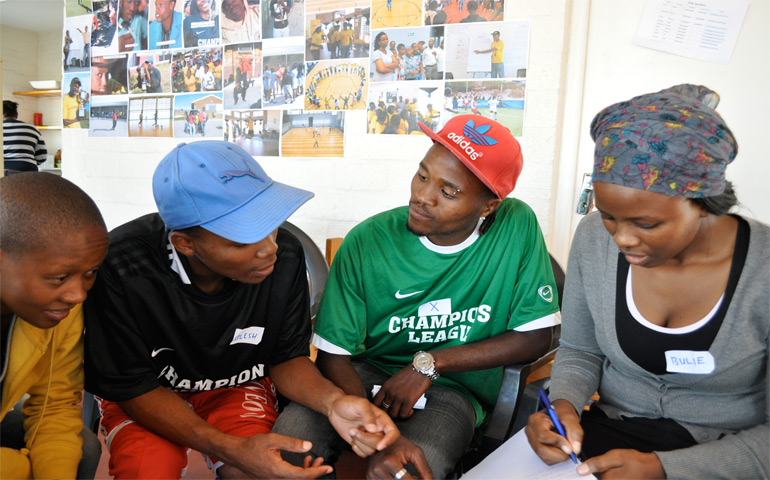
Grassroot Soccer (GRS) was founded 2002 in Zimbabwe by former professional soccer players who saw the devastation of AIDS and sought to use soccer as an HIV prevention tool with programs designed to educate, inspire, and mobilize communities to fight the spread of HIV/AIDS. By 2012 GRS and its partners provided health and prevention education in schools and on soccer fields to roughly 100,000 youth aged 11-25 annually. Read more
Defining the Market for a Rugged Diagnostic Device
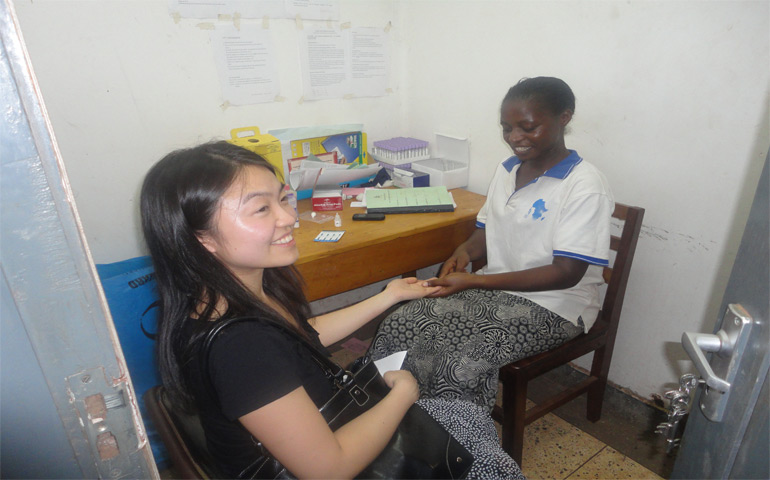
US based Daktari Diagnostics commercializes low-cost, rugged health diagnostics. Read more
Keys to Bringing a New Diagnostic Tool to Market
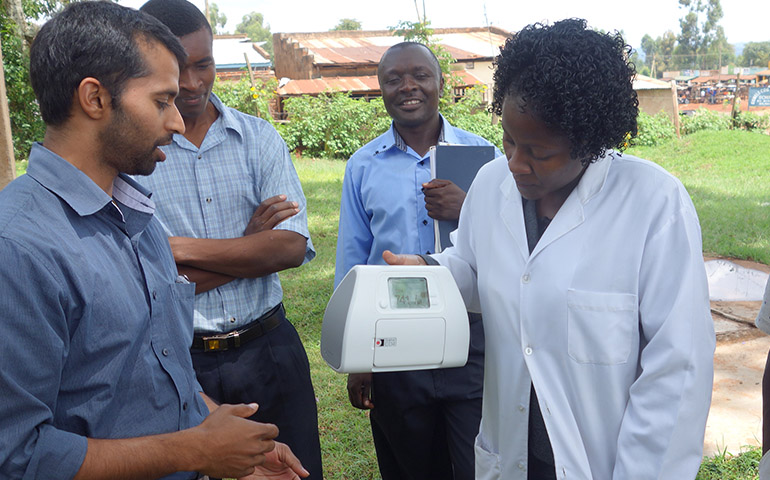
To support its planned launch in Kenya, Daktari engaged a student team to explore the company's options for supply chain, service, maintenance, and training that would best enable the novel machine to reach patients in need of testing. Read more
Leveraging Lab Capacity to Serve More Patients and Build Revenue
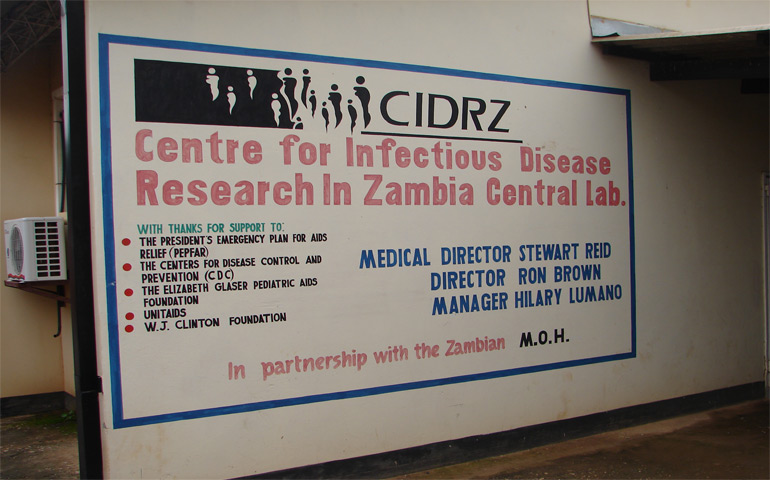
A leader in the fight against HIV/AIDS in Africa, the Centre for Infectious Disease Research in Zambia (CIDRZ) helps train medical professionals, deliver clinical care, and conduct research. Read more
Tackling bottlenecks across clinics to improve patient experience
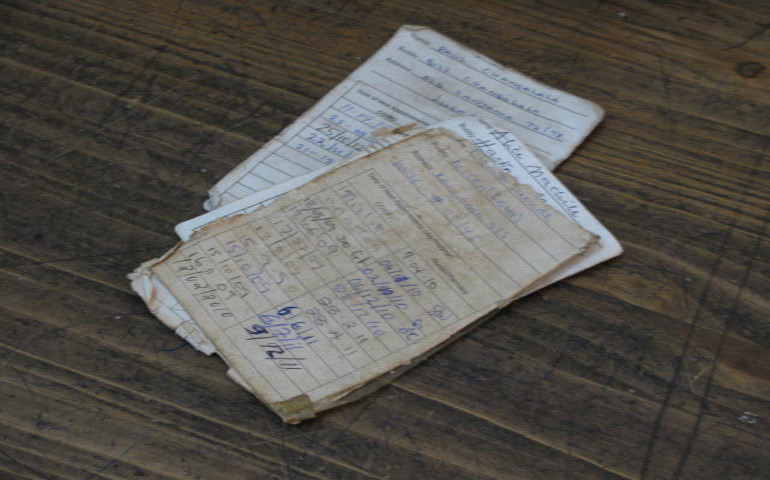
In 2013, to stem a growing problem of patients dropping out of medical treatment largely as a result of long waiting times, CIDRZ asked a second student team to contribute insights and suggestions for addressing the inefficiencies of patient flow in treatment centers. Read more
Leveraging Data to Grow an HIV Management Business
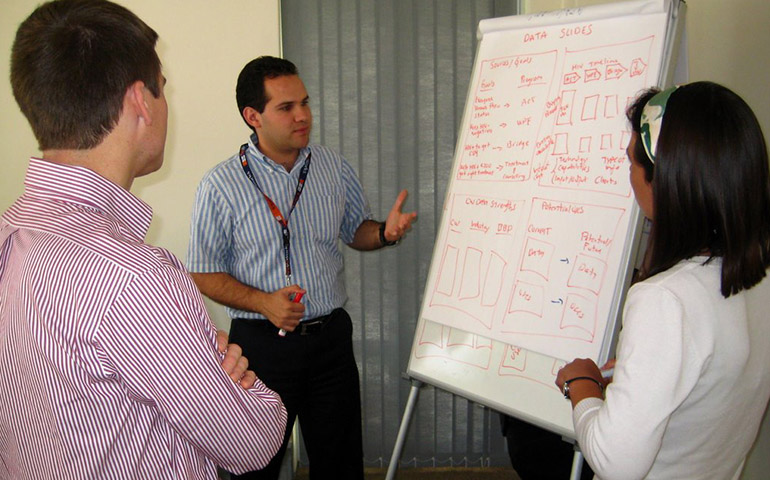
CareWorks, a South African firm, provided HIV-related services to companies, medical insurers, and other organizations. Read more
